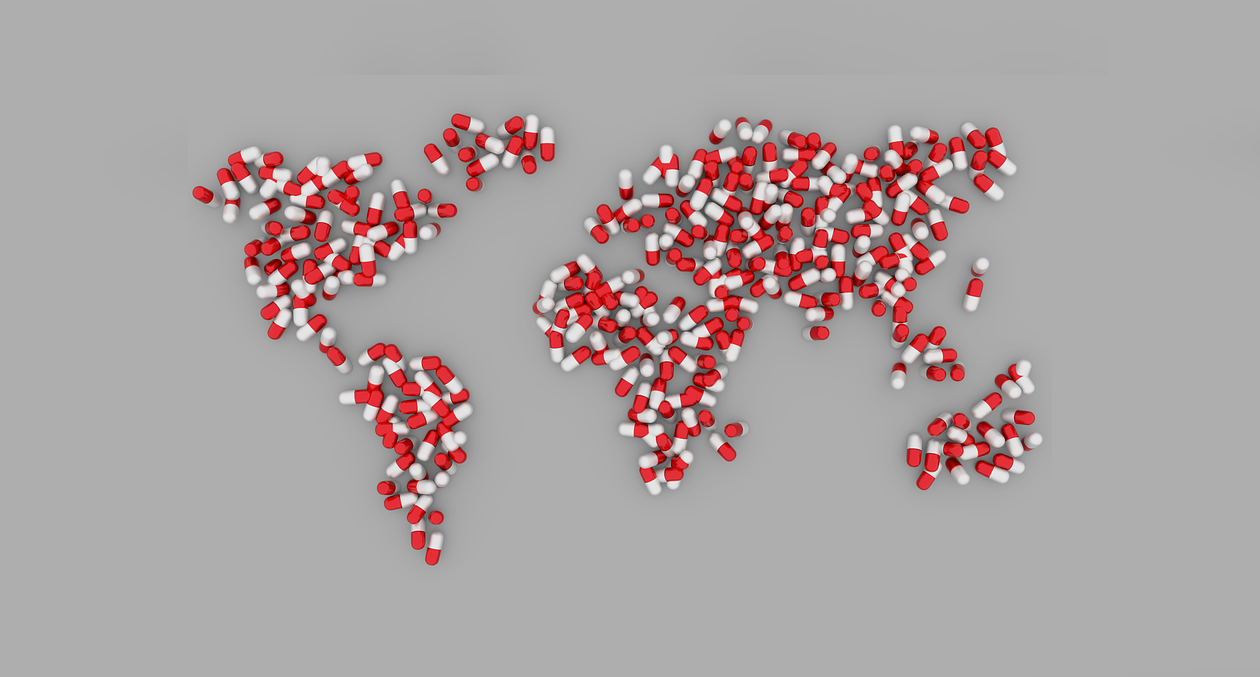
Safety concerns linger for generic oncology drugs in developing countries.
Although generic oncology drugs can reduce patient costs and improve treatment access, the safety of these drugs in developing countries is uncertain, according to an international research team led by Dr. Charles Bennett, Josie M. Fletcher professor and chairman of the S.C. SmartState Center in Medication Safety and Efficacy at the College of Pharmacy at the University of South Carolina.
For the study — published in the November 2016 issue of Lancet Oncology as part of a three-part series examining oncology drug safety — the researchers reviewed clinical, policy, safety and regulatory data from around the world, including unpublished data from the food and drug administrations of Japan and the United States. After analyzing safety data, they found that generic cancer drugs are generally safe in countries with rigorous regulatory programs similar to the FDA in the United States. However, in countries with less rigorous regulation, such as India, Iraq and Colombia, safety is far from certain, they wrote.
Noting manufacturing problems with generic drug facilities in India, the researchers found that U.S. FDA inspections of generic drug manufacturers in India have nearly doubled from 59 in 2009 to 111 in 2015. About 40 percent of all generic drugs used in the United States are manufactured in India, where the researchers reported three classes of medications are created: Branded drugs produced and promoted by reputable Indian or multinational companies; branded generics produced but not promoted by the manufacturer; and unbranded generics produced in facilities that do not meet developed countries’ regulatory standards and are distributed only in India, highlighting the gap between patient access to high quality generic drugs in developed versus developing nations.
In addition, the researchers found that although generic oncology drugs in the United States offer equivalent safety to brand-name drugs, they do not offer patients the price savings seen in other developed countries. According to the researchers, economic studies show U.S. generics do not result in price competition unless four or more generic options have received FDA approval.
However, they said time and cost barriers may prevent such competition from emerging, noting the average FDA generic drug review costs $6 million and takes 18 months. Given the high cost of cancer treatment, Bennett and colleagues argue the agency should shorten the application review period and slash application costs to improve the U.S. cancer cost curve.
“Developed countries have an opportunity to improve health disparities in developing nations by helping to build reliable supply chains and robust regulatory systems,” Bennett said. “Here in the United States where branded and generic drugs are safe, we must also work to lower treatment access barriers for patients by eliminating regulatory hurdles that discourage competition in the generic manufacturing sector.”
The researchers included Sumimasa Nagai of the University of Tokyo, Y. Tony Yang at George Mason University, Brian Chen of the University of South Carolina, Tehri Hermanson of Helsinki, Oliver Sartor of Tulane University and James Armitage of the University of Nebraska. The research was supported by a $2.5 million grant from the National Cancer Institute and a $6 million SmartState grant from the state of South Carolina.
Filed Under: Drug Discovery




